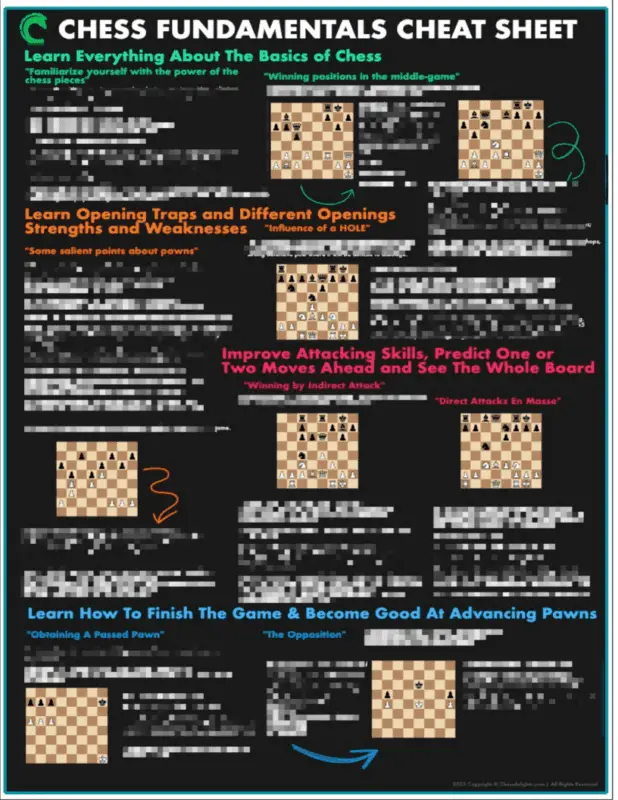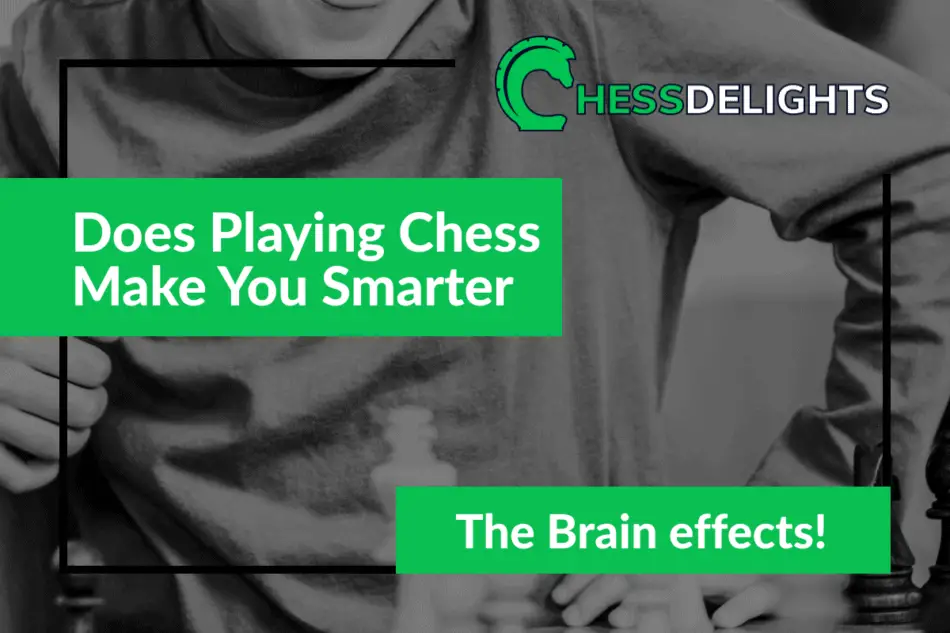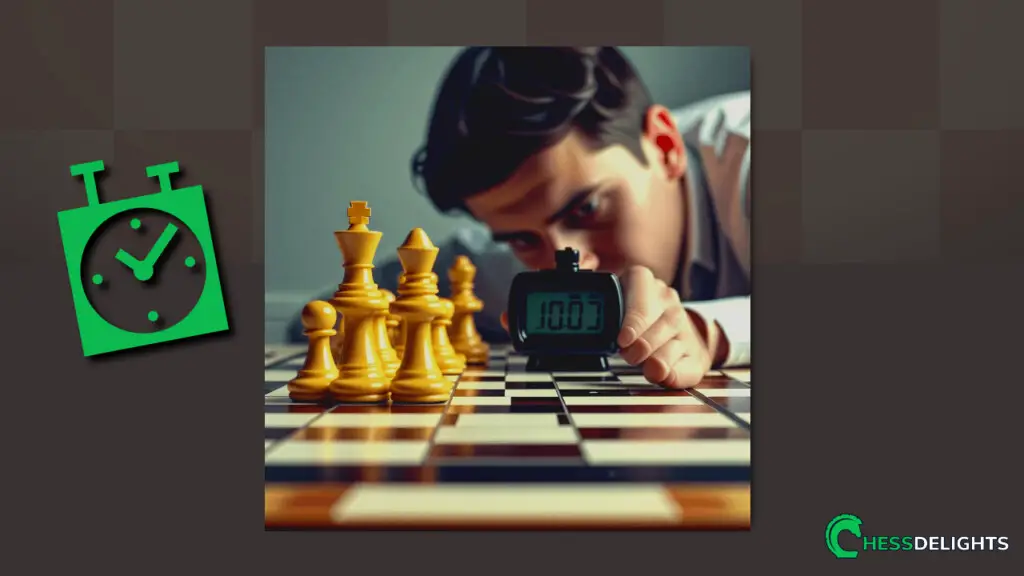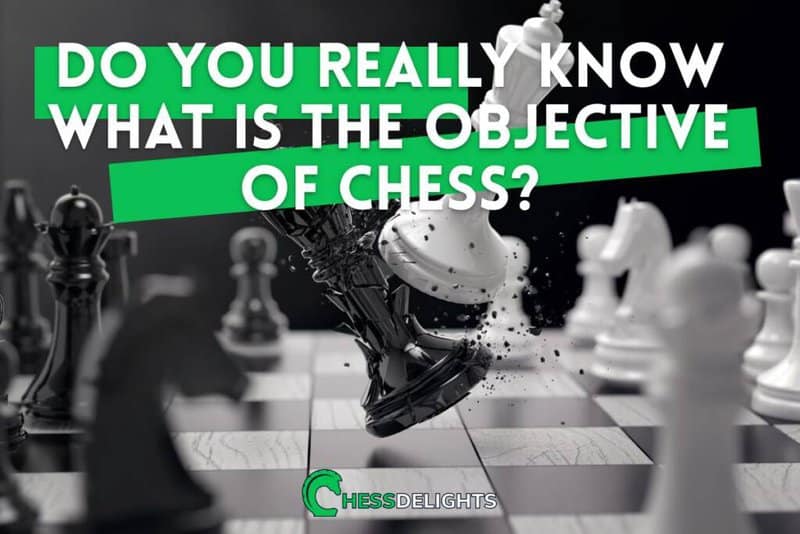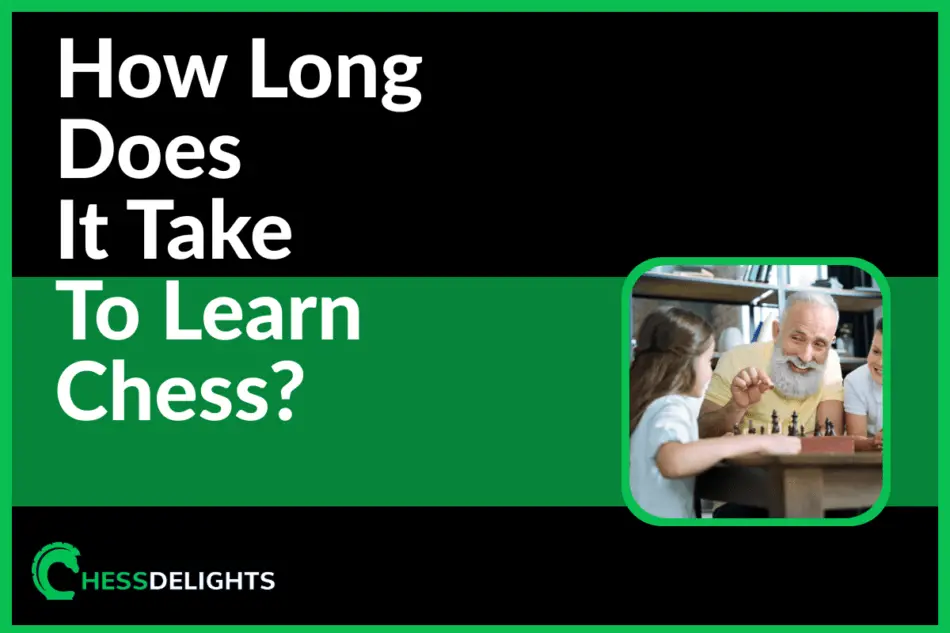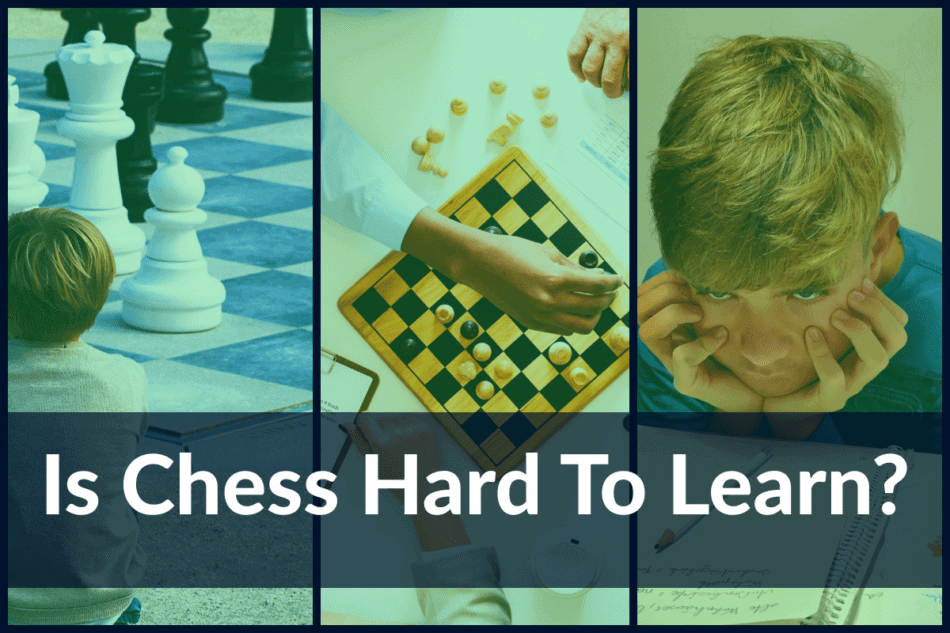Can playing chess make you smarter? Playing chess requires you to learn how to play specific strategies, learn many tactics, master openings, middle game, and end games. I believe this can help you become smarter, not academically but in life. In my own opinion, if you know how to play chess, you are confident in making decisions in life!
And yes, there have been mentions about studies conducted in different countries like Venezuela where they have seen improvements in children's intelligence. This is good news, but regardless of what different studies or experiments regarding chess say, there will always be different results for each individual.
Let's just focus on some of the positive effects of playing chess. I have given below a list of popular research or questions regarding the impact on our brain and the consequences of playing chess with our daily lives.
Can playing chess increase my IQ?
I'm not sure that playing chess can increase your IQ; I had played chess when I was in primary school, and I don't notice any increase in my intelligence. I just feel more aware and mainly use the skills I learn in chess for making tough decisions.
One of the biggest problems chess has encountered when trying to grow the game's popularity is that it has long been associated with people with above-average intelligence.
So the question remains: has played chess made them smarter? Or do intelligent people like to play chess? One study conducted on Venezuelan school children showed that the average IQ scores of girls and boys who had taken a game of introductory chess for 4 months showed significant increases, but I think this needs more proof.
Can playing chess exercise our brain?
I do feel that when you think and focus, you also exercise your brain, I'm not an expert, but that is what I think when I'm playing chess. I can feel my brain trying its best to show me the correct moves when playing chess, and I can also feel my brain getting drained whenever I lose. Which also feels like I'm exercising my brain.
It's essential to treat your brain like a muscle to keep it healthy and prevent injury. It needs to be exercised regularly. Another study conducted by the Journal of Medicine in New England showed that people over the age of 75 who regularly played chess or who took part in other brain exercises were far less likely to develop Alzheimer's or dementia. The author of the study Dr. Friedland concluded that if brain tissue is left unused for a long time, it reduces your overall brain capacity.
Does playing chess activate both our brains?
We know that you can be a dominant left or right brain person, but did you know we can activate both of them, according to researchers and scientists, just by playing chess. We still need concrete proof, but experts say that it does… 🙂
Further studies conducted by German researchers showed that even novice chess players showed an increased capacity in both their left and right brain activity. Before the study started, the experts fully expected the brain's left side to be far more active because of playing chess.
Still, it surprised them to see when answering questions surrounding the best positions to use in chess, both the right and left side of the respondent's brains reacted quickly, this shows that chess is right for your overall brain health.
Can playing chess improve your memory?
Any experienced chess player will tell you that playing the game improves your memory. To improve your chess skill, you need to recall specific moves and strategies. I have experienced that which helped me win games, wherein I remember the particular moves or the main line.
Another study was conducted in 1985, over 2 years of young students regularly playing chess. The results showed that it directly increased all their subject grades. Their teachers also commented on their greater organization skills, ability to focus, and increased memory capacity. Another study conducted on sixth-graders in Pennsylvania showed comparable results, but these students also showed increased verbal skills and improved memory capacity.
Can playing chess help us create signals inside our brains?
Our brain works like a computer where signals are being transmitted and then converted to a language that humans understand. While playing chess, we try to tap into our brains to make the correct moves, which helps us create dendrites.
A Dendrite is a tree-like branch that's used to send signals between the neurons of your brain. They're effectively the antennas that help your brain cells communicate. The larger these antennas and the more they have will increase your ability to send and receive signals.
Studies have shown that actively taking part in chess will encourage dendrites to grow. And this growth doesn't stop just by learning the chess; anyone who takes part in regular challenging activities will exhibit increased dendrite growth.
Does playing chess make us brilliant decision-makers?
We indeed make chess decisions by moving pieces to the right squares, but sometimes we end up making the wrong decision. It's the same thing in life. We make right and wrong decisions. In my experience, playing chess helps me understand what the decisions I have to make are. Playing and learning chess has dramatically influenced my life.
Researchers believe that having young people play chess could help them with their lives. The prefrontal cortex is one of the last parts of the human brain to develop fully. This late development directly affects a younger person's ability to make judgment calls, exercise self-control, and plan.
Consequently, this leads to adolescents being far more immature, as this part of the brain has yet to develop. But playing strategy games such as chess can speed up the development of the prefrontal cortex, increasing their ability to make strategic and
common-sense decisions in all parts of their life.
This may prevent them from making risky or stupid choices that could endanger them.
Can playing chess help you overcome significant challenges in life?
It is a matter of how you handle challenges in life. Chess games can become a serious game or a fun game with friends and families. Having to solve a checkmate in 2 or 3 moves can be considered a big challenge. Learning how to overcome difficulties in chess can also be transferred to our daily lives.
There's no denying that watching people play a serious chess game shows that it involves intense concentration. So it's hardly surprising that the demands this game put on you will help improve your concentration levels.
Losing focus on the game for even a second can affect the results when you're playing a match, especially considering opponents are not required to tell you what moves they make. In countries such as China and Russia, where chess playing is encouraged in schools, young people's ability to remain focused is sharpened by their chess playing.
Can playing chess improve your problem-solving skills?
Since playing chess is trying to look for ways to checkmate your opponent, it is somehow just like a puzzle that you need to solve. I believe if you keep on playing chess and try to solve checkmate puzzles, you will notice your problem-solving skills are greatly improved.
Chess is effectively just a gigantic puzzle that you need to solve, but because this puzzle is also ever-changing as your opponent is making strategic moves. It would be best if you learned to solve problems on the fly—a study conducted in New Brunswick in 1992 with 450 students and split them into three groups.
The first group followed the standard math curriculum; the second had an introduction to chess supplemented with their math curriculum after the first grade. And the third group began playing chess in the first grade. In standardized testing, the results were apparent; the third group's grades went from 62% to 80% and, on average, for 21% better than the first group.
Can playing chess improve your reading ability?
I think we need more studies about this claim, but if you are a serious chess player, you may find yourself reading many books. 🙂 Reading chess books is not like any ordinary book; there are many notations that you need to check and verify carefully. If you love reading chess books, you will observe these changes.
They conducted one of the most famous studies on a group of elementary students in 1991. The group took part in a basic chess program, and they compared their abilities to those students who didn't play chess.
There's no denying that the results showed that the students had played chess at a higher level. Even in a district where the average student usually reads well below the national standard, children who play chess in this area scored above it.
Can playing chess increase your creativity?
I like to create stuff during my pastime, and when I play chess with higher rated chess players, I need to be very creative. I can say that playing chess will improve and increase an individual's creative thinking.
As the right hemisphere of your brain controls a person's creativity, we know that chess helps develop both sides of the brain. Studies conducted over 4 years with students from grades 7 to 9 encouraged them to participate in activities such as playing chess at least once a week for 32 consecutive weeks.
The researchers wanted to assess if this activity would help boost their creative thinking. The results showed that their ability to use originality scored highest, and other creativity measures also noticeably increased.
